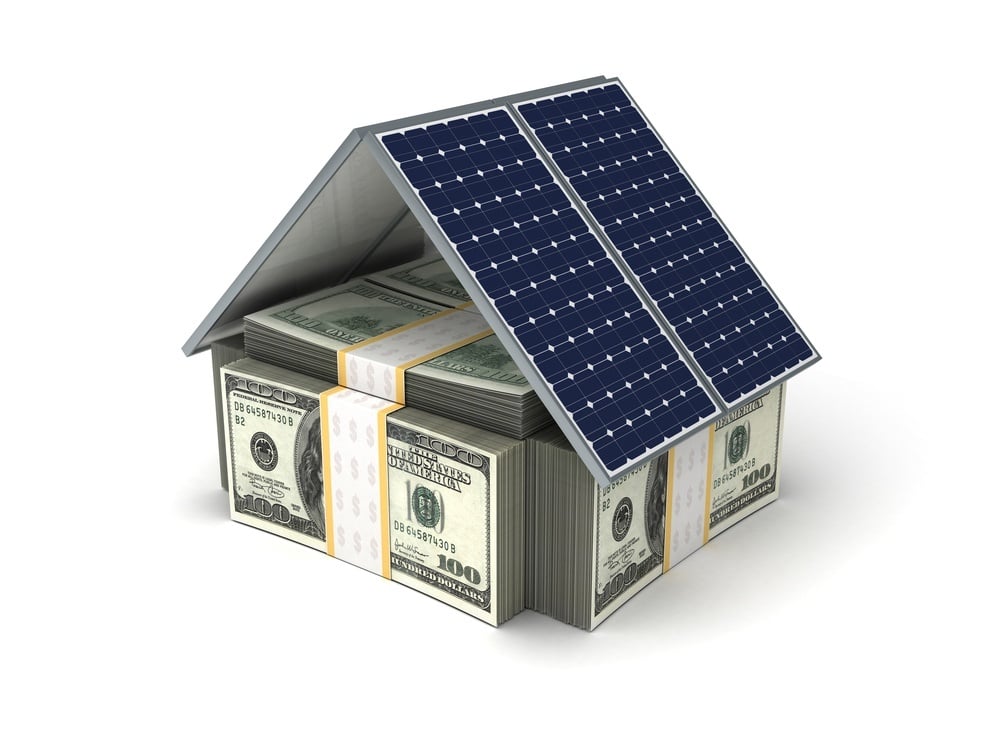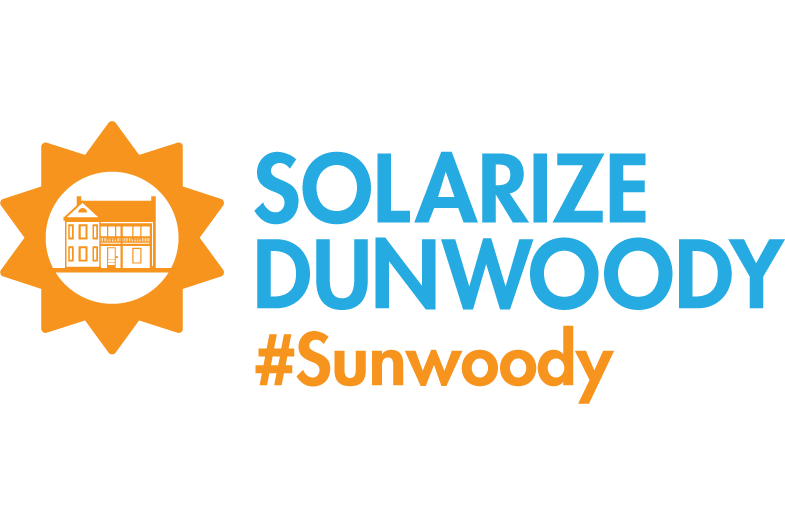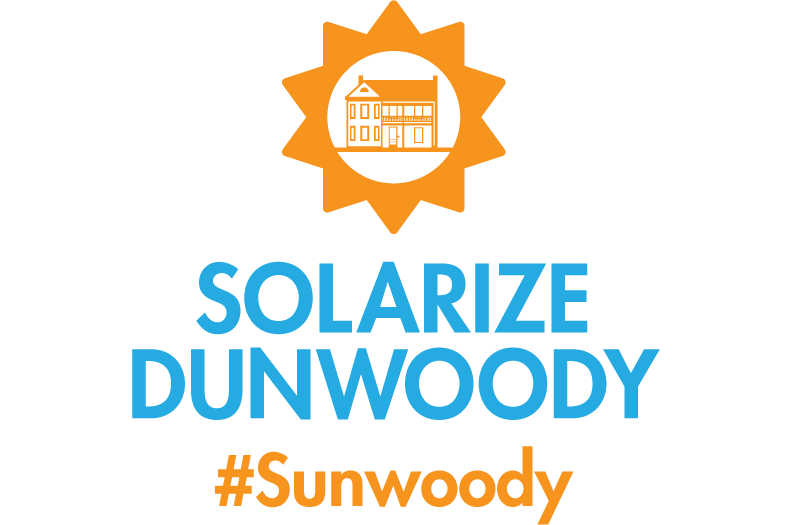Updated: September 15, 2019
Does solar improve property value? The evidence says, YES!
In our increasingly transient society, property owners are concerned about whether they will stay in their home long enough to recover their investment in solar energy. Luckily for us there are several studies and reports available to shed light on whether solar increases property value. But before diving straight into the reports it is helpful to review what solar is and does for your home.
Solar generates electricity that you would otherwise need to purchase from somewhere else. In fact, solar generates more energy when we need it the most and when electricity from the utility costs the most -- during the hot summer months when air conditioners are blaring in the hot summer sun.
Solar reduces the overall cost to operate and maintain the home because you are generating your own energy and purchasing less from the utility. Therefore, it makes common sense that solar would increase the value of your home and these studies and reports support that conclusion universally across several regions on the US, including our own. Now, on to the reports:
Berkeley National Laboratory
The most comprehensive report regarding solar resale value was conducted by the Berkeley National Laboratory, (“LBL”) funded by Department of Energy’s National Renewable Energy Laboratory (“NREL”) in 2015.
“The appraised premiums also confirmed statistical modeling results from a large Berkeley Lab study conducted in 2013, which found that buyers were willing to pay $15,000 more for a home with the average-size solar photovoltaic system, or about four additional dollars per watt of solar power, though premiums for any individual home are market dependent and are likely smaller given currently falling installed solar prices.”
Example:
A 5 kilowatt (kW) solar system will offer 5,000 watts of power. LBL says that each watt of solar adds about $4 to a home’s value in California and about $3 per watt elsewhere. Thus, a home with solar should sell for about ($4 x 5,000W =) $20,000 more in CA or still ($3 x 5,000W =) $15,000 more outside of CA.
These finding are corroborated by NREL as follows, “…solar panels are viewed as upgrades, just like a renovated kitchen or a finished basement, and home buyers across the country have been willing to pay a premium of about $15,000 for a home with an average-sized solar array. Additionally, there is evidence homes with solar panels sell faster than those without.”
Clark Howard, WSB Channel 2, Atlanta
Video: Clark Howard sites same Berkeley National Labaratory study showing solar increases property value by about $15,000
Sandia National Laboratories
Another report from Sandia National Laboratories confirms the study by Berkeley. That report, U.S. Solar Market Value Report – 1st Edition: Further Evidence that Solar Adds Value to Real Estate, looked at the sale of real estate with solar power in Arizona, California and Massachusetts and concluded that, indeed, solar does add value to a home’s real estate price.
"Solar photovoltaic systems provide cost savings to the property owner in terms of avoided electricity costs that accrue over the system lifetime. From an investment standpoint, the equipment and the value of the energy generated can potentially increase the underlying property value."
The study used actual market data from real estate appraisers using the PV Value tool from Energy Sense Finance, which was developed with Sandia. That way the researchers developed a market value for rooftop solar in relation to a property sale or refinance.
Solar Energy Industries Association
The Solar Energy Industries Association (“SEIA”) developed a guide to valuing homes with solar energy systems for homeowners, appraisers, real estate brokers, mortgage brokers, and other stakeholders in the residential housing market. There are three methodologies that should be considered when seeking the value of a residential solar system: income approach, cost approach, cost comparison approach. Ultimately, SEIA recommends using the income approach.
“The income approach estimates the forward-looking value of the energy cost benefit. The other two mechanisms, while both valid, add complexities due to: federal, state and utility-specific incentives (which are generally applicable to initial installation only); the quality of the components and installation; and other factors…”
Zillow Research
Not only can adding solar panels to a home save energy costs and help the environment, it also can potentially increase a home’s value, shows a recent study by Zillow Research. During the past year, homes with solar-energy systems sold for 4.1% more on average than comparable homes without solar power. For the median-valued home, that translates to an additional $9,274.
Even if you are not sure how long you will stay in your home, according to these studies, you will recover your investment when you sell your home. Also note, the average premium that comes with solar, $15,000, is not discounted by the 30% federal tax credit or the 20%+ savings gained through a Solarize program. Thus, not only will you get your full investment back when you sell your home, you will likely come out ahead.
For more information about whether your property qualifies for a solarize program, visit SolarCrowdSource.com or call us at 678.695.8750.
Other resources:
- Lawrence Berkeley National Laboratory: Selling into the sun: Price premium analysis of a multi-state dataset of solar homes
- New York Times: Appraising solar energy's value: Solar panels and home values
- CNET.com: ECON 101: Solar panels increase home values
- SEIA: Download the SEIA Solar Valuation Guide




